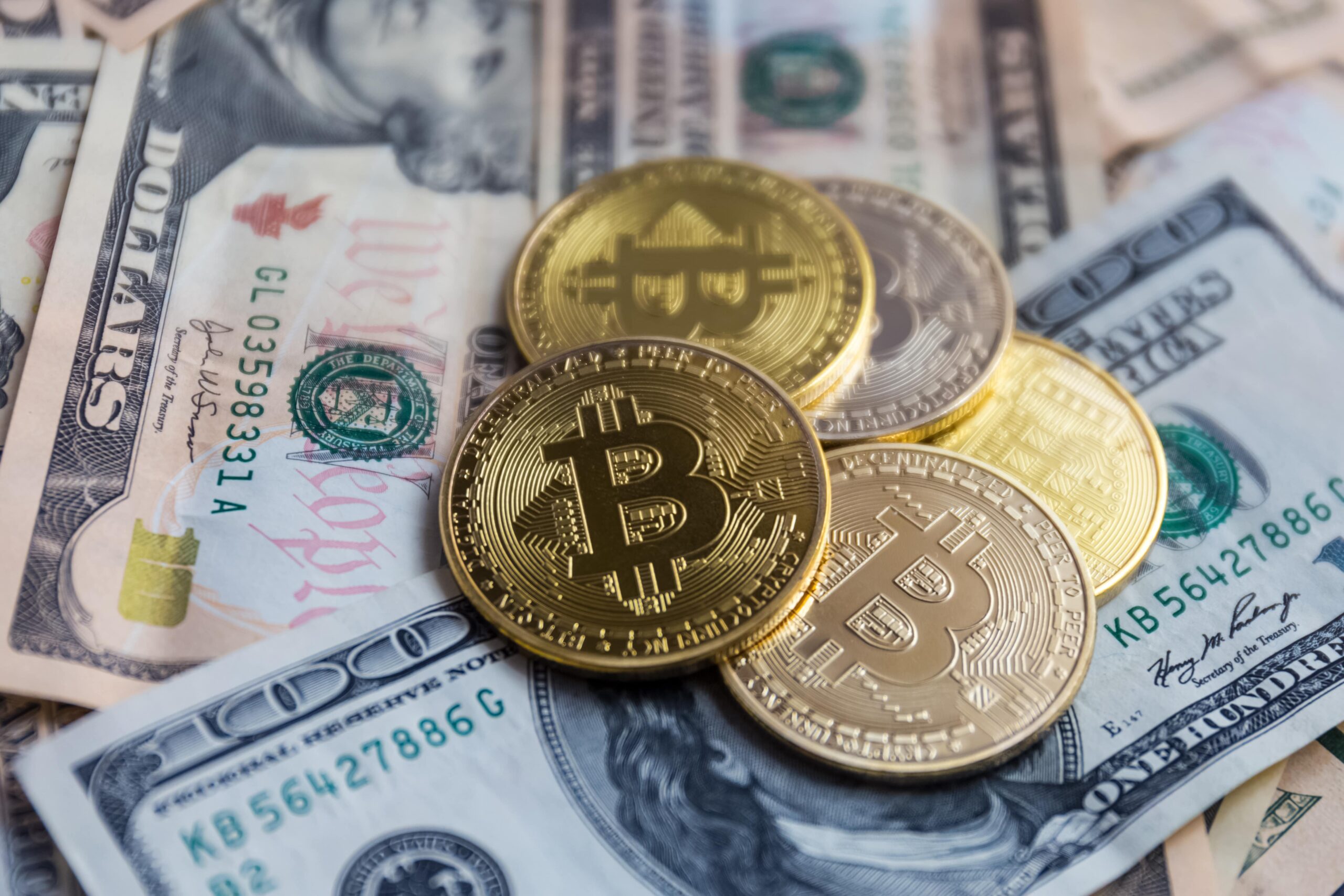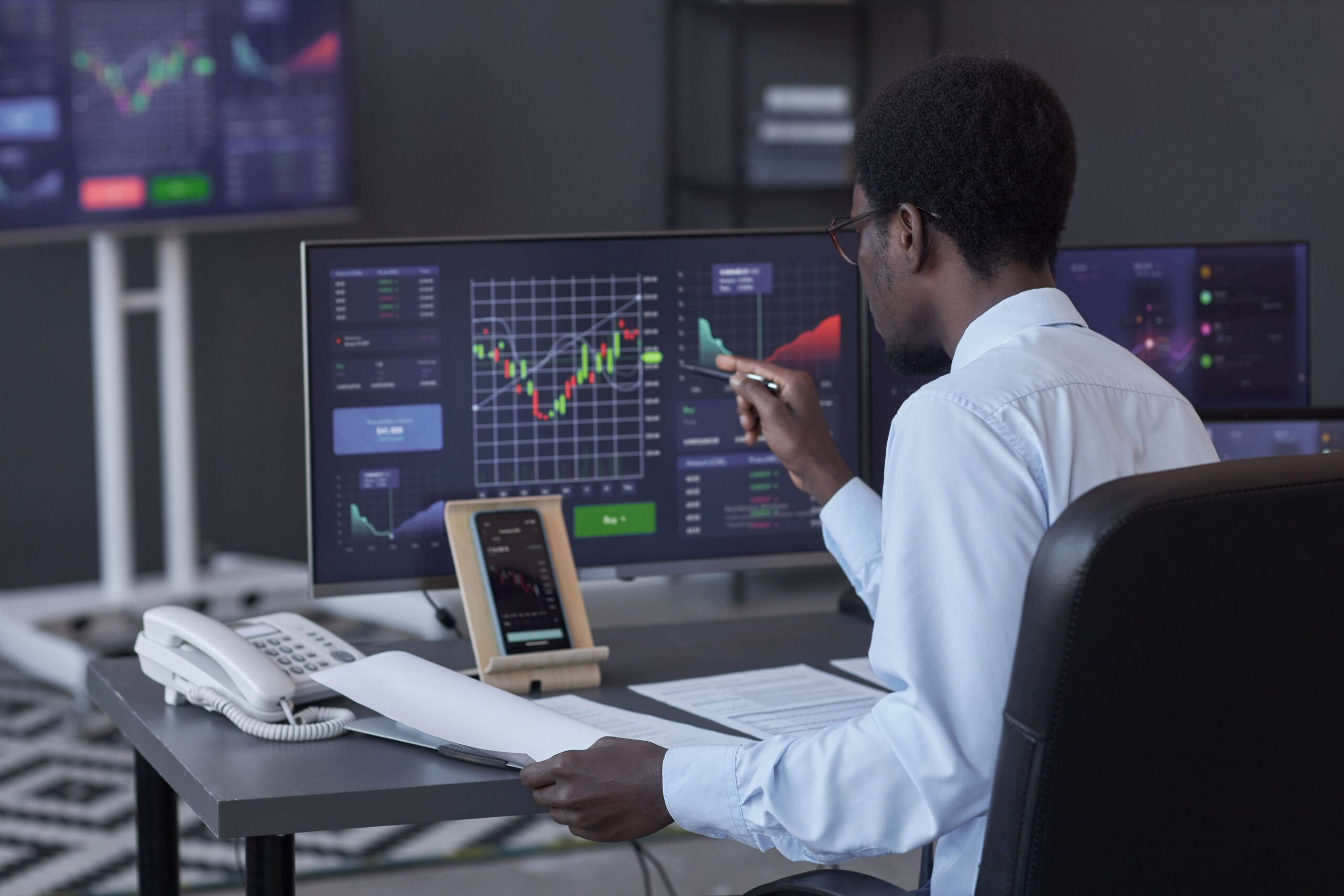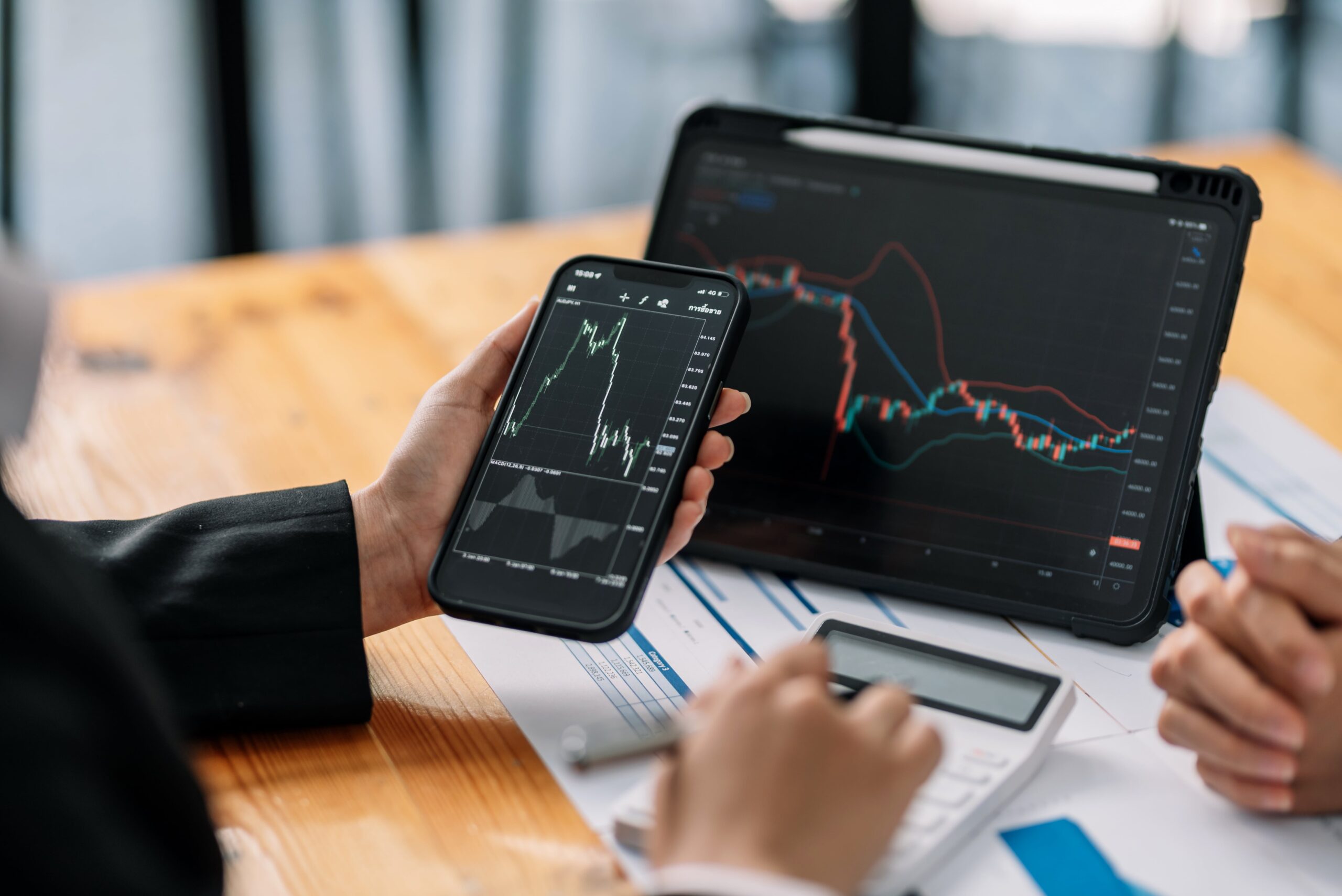Trading can be as much a test of mental endurance as it is of strategy. In the fast-paced world of cryptocurrency, emotional control is crucial, as emotions like fear, greed, and frustration can significantly impact decision-making.
Learning how to manage these emotions can help traders avoid impulsive decisions, maintain discipline, and ultimately achieve better trading results. This article explores the psychological aspects of trading and offers practical strategies for mastering emotions.

Understanding the Emotional Challenges in Trading
Trading brings out a range of emotions, each with the potential to cloud judgment. Here are some of the most common emotional challenges traders face:
- Fear of Loss: The fear of losing money can make traders hesitant to act or lead to premature selling when prices drop. This fear often stems from overexposure to a single asset or lack of confidence in one’s strategy.
- Greed for Gains: Greed can push traders to hold onto positions for too long in hopes of higher profits or to risk larger portions of their portfolio. Greed can lead to missed opportunities and amplify potential losses.
- Frustration After Losses: A losing trade can trigger frustration, tempting traders to chase losses by making impulsive, high-risk trades. This “revenge trading” often worsens the situation, leading to further losses.
These emotions are normal, but unchecked, they can lead to irrational decisions that undermine even the most well-planned strategies.
Why Emotional Control is Key in Trading
Maintaining emotional control is essential for several reasons:
- Consistent Decision-Making: A clear, consistent approach is vital in trading. Emotional responses disrupt consistency, as they can make traders deviate from their strategies based on feelings rather than analysis.
- Improved Risk Management: Emotional control enables traders to stick to risk management plans, such as setting stop-loss levels and avoiding excessive risk exposure.
- Increased Discipline: Traders with strong emotional control tend to stay disciplined, adhering to their trading plans and not letting emotions lead to impulsive actions.

Strategies for Managing Emotions in Trading
Successfully managing emotions involves both preparation and in-the-moment strategies. Here are some effective techniques:
1. Develop a Clear Trading Plan
A well-defined trading plan includes your goals, entry and exit points, risk tolerance, and strategies. This plan acts as a roadmap, giving you direction and helping you avoid emotional decisions. Following a structured plan is especially helpful during market volatility, as it provides a set of guidelines to fall back on when emotions run high.
- Tip: Write down your plan and refer to it often, especially when the market is volatile. Having a plan on paper reinforces discipline and reminds you to stick to your strategy.
2. Set Realistic Expectations
Unrealistic expectations can set you up for emotional turmoil. The crypto market is highly volatile, and gains are never guaranteed. Avoid putting pressure on yourself to achieve constant wins or fast profits.
- Tip: Aim for steady, incremental growth over time rather than focusing on quick gains. This mindset can reduce feelings of greed and FOMO (fear of missing out), keeping you grounded.
3. Use Stop-Loss Orders to Limit Losses
Stop-loss orders automatically close a trade if an asset’s price drops to a predetermined level, helping you manage risk without constant monitoring. Using stop-loss orders reduces the temptation to hold onto losing trades in the hope of recovery, preventing emotional decision-making.
- Tip: Choose a stop-loss level that aligns with your risk tolerance and stick with it. Once set, resist the urge to change your stop-loss based on emotions.
4. Practice “Mindfulness” Techniques
Mindfulness involves focusing on the present moment and acknowledging emotions without letting them control you. Techniques like deep breathing, meditation, and positive visualization can help you remain calm and focused, particularly during periods of market turbulence.
- Tip: Before making any trade, take a few moments to practice deep breathing or meditation. This habit helps reduce impulsive decisions and increases mental clarity.
5. Reflect on Past Trades
Analyzing past trades—both successful and unsuccessful—can help you recognize patterns in your behavior and identify emotional triggers. Reviewing trades offers valuable insights into what went well, what didn’t, and which emotions influenced your decisions.
- Tip: Keep a trading journal where you record your trades, reasons for entering or exiting, and any emotions you felt during the process. Reviewing your journal regularly can highlight areas for improvement.
6. Limit Screen Time and Take Breaks
Constantly monitoring prices can increase anxiety and lead to overtrading. It’s easy to get caught in a loop of emotional reactions when you’re glued to your screen. Taking breaks can reduce stress and help you maintain perspective.
- Tip: Set specific times to check the market rather than constantly watching price movements. Regular breaks can reduce emotional reactivity and prevent burnout.
Developing a Long-Term Mindset
In trading, it’s easy to get caught up in daily price fluctuations, but focusing on long-term goals can help you stay calm during short-term volatility. By viewing trading as a long-term journey, you can detach from the outcome of individual trades and focus on overall growth.
- Tip: Remind yourself of your broader financial goals when you experience short-term losses. Keeping a long-term perspective can make daily fluctuations feel less stressful and allow you to trade with more patience and control.
Conclusion:
Mastering the psychology of trading is essential for success in the highly volatile cryptocurrency market. By learning to manage emotions, traders can make decisions based on analysis rather than impulses. Through strategies like maintaining a trading plan, setting realistic expectations, using stop-losses, and practicing mindfulness, traders can navigate the emotional challenges of trading.
Emotional discipline doesn’t just improve trading results—it also promotes a healthier approach to managing the highs and lows of market participation, ultimately building a more resilient and consistent trading mindset.










